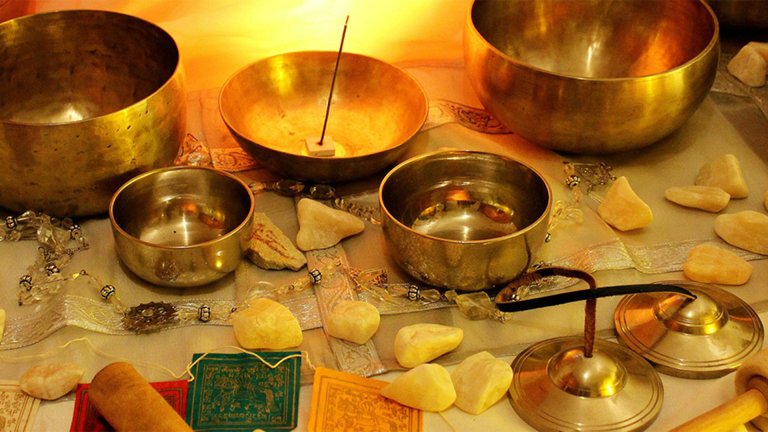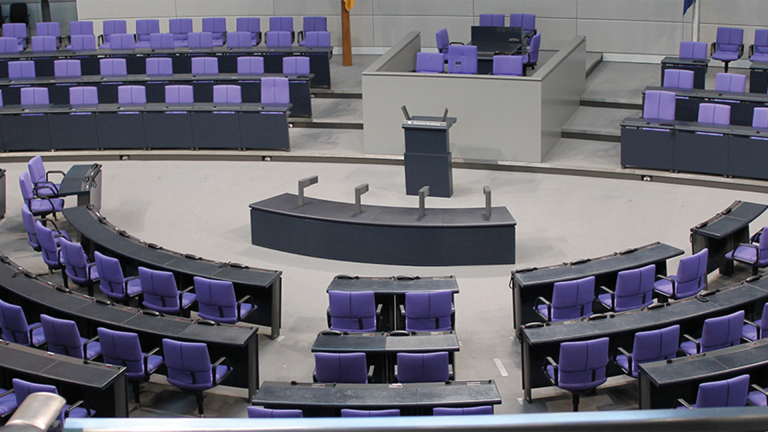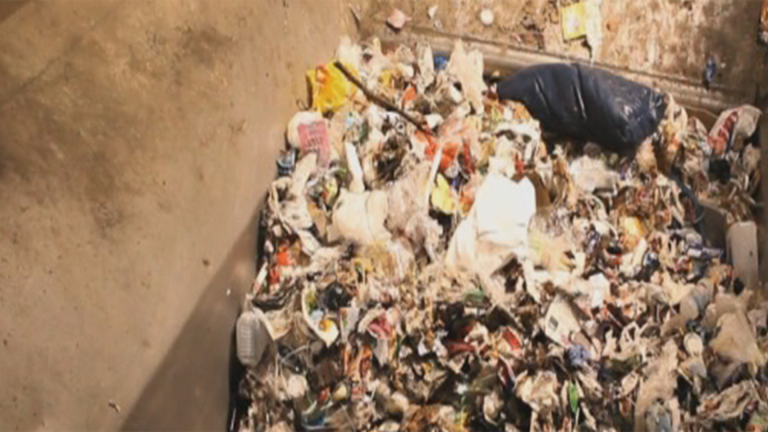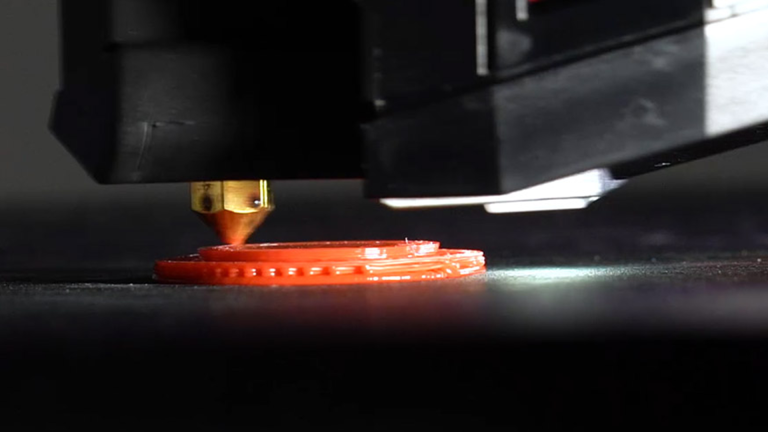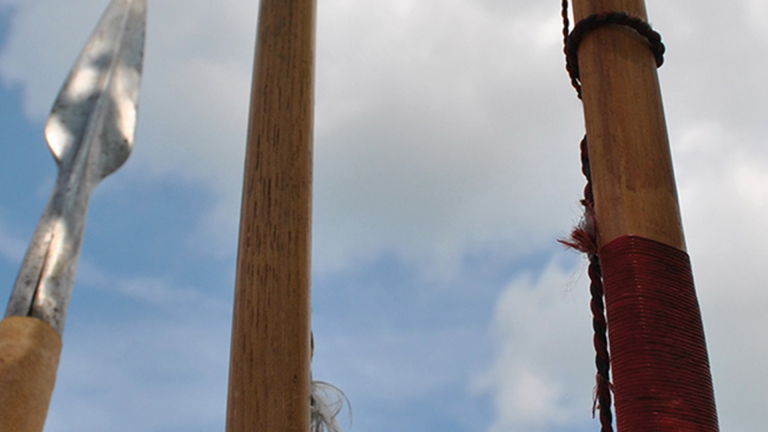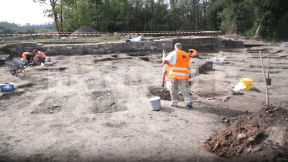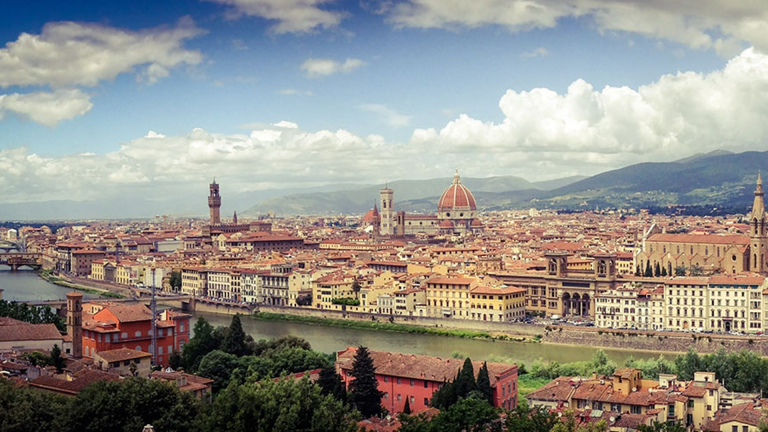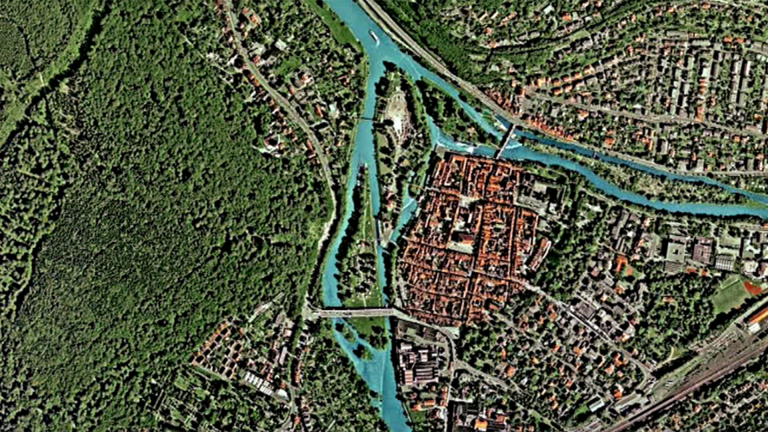Suche:
- # Artistry
- # Biology
- # Chemistry
- # Ecological
- # Economy
- # English
- # Foreign Language
- # Geography
- # German
- # Health
- # History
- # Informatik
- # Latin
- # Mathematics
- # Media Education
- # Music
- # Physics
- # Politics / Civics
- # Preschool
- # Primary School
- # Religion
- # Society
- # Sports
- # Technology
- # Training of Teachers
- # Vocational Education
Tibet
Tibet, the so-called »Roof of the World«, is a vast highland in Central Asia. Hidden behind huge mountain ranges, the highest plateau of earth together with its inhabitants, the Tibetans, is little known to the rest of the world. The »country of the snow lion«, as the historical Tibet is also called, is comprised of the three big provinces Ü-Tsang, Kham and Amdo and several smaller ones encompassing an area of 2.5 million square kilometres. China, however, incorporated all of Amdo and large parts of Kham into the adjacent Chinese provinces. The remaining area was given the name »Tibet Autonomous Region«.
Learn moreBundestag Elections
There is no democracy without regular elections. Elections are the citizen’s most important means of actively shaping the politics of his or her state and are one of the basic requirements of modern democracy apart from freedom of speech, of assembly, of association, and of the press.In Germany there are political elections in cities and communities, in the federal states to the Bundestag and to the European parliament. All of them have democratic election principles.
Learn moreBewerbung
Bereits in den letzten Schuljahren werden die Schülerinnen und Schüler mit den Anforderungen des Berufslebens vertraut gemacht.
Learn moreThe Meadow as a Biotope
This DVD offers an insight into the plants and animals typically found in the meadow biotope. In an easily comprehensible way, primary school pupils experience a small, exciting world where various kinds of animals and plants co-exist. The film aims at improving the children’s understanding of animals and at arousing their curiosity for plants and animals. The DVD covers the following aspects of the topic of “meadows”: Types of meadows (creation of a meadow, marshy meadows, dry meadows, wet meadows, fertilised meadows); plants of meadows (cowslips, buttercups, dandelions and many more); layers of the meadow and animal habitats (on plants, on and in the ground, etc.); interference with the diversity of species (effects of mowing and fertilising on the meadow); protection of the meadow (responsibility of humans for nature); use of meadow plants (in medicine, human diet).
Learn moreMüllvermeidung
In dieser Ausgabe von "Schau dich schlau!" erfahren Sie alles, was man über Müll wissen muss. Jeder Deutsche hinterlässt jedes Jahr fast eine halbe Tonne Abfall. Wie kann man diesen gewaltigen Müllberg reduzieren? Die Wissensreporter Joey Grit Winkler und Fero Andersen wagen das spannende Experiment und wollen 24 Stunden lang keinen Müll produzieren. Joey Grit Winkler und Fero Andersen wagen ein radikales Experiment und treten in einen Müllvermeidungs-Wettstreit. Sie wollen 24 Stunden lang keinen Müll produzieren. Schnell stellt sich die Frage: Was können die beiden eigentlich noch essen? Wo können sie einkaufen? Und wie vermeiden sie es, mit Werbeprospekten und Verpackungsmaterial überschwemmt zu werden? Das Experiment zeigt, welchen Abfall wir tagtäglich produzieren und mit welchen Tricks wir unseren persönlichen Müllberg schrumpfen lassen können. In dieser Folge "Schau dich schlau!" bekommen die Zuschauer außerdem Antworten auf folgende spannende Fragen: Lohnt es sich, Flaschen nach Farben zu trennen? Landet unser sorgfältig getrennter Müll am Ende doch in der Müllverbrennungsanlage? Welche Trendsportart verbirgt sich hinter dem Begriff "Dumpster Diving", und wie kann man aus dem Datenmüll auf zerkratzten CDs und magnetisierten Festplatten wieder die ursprünglichen Informationen zurückgewinnen?
Learn moreAll Is Number
“All is number“, this saying already applied in the 5th century B.C. when the brotherhood of the “Pythagoreans“ was founded. Natural, rational and irrational numbers have been an important concept since the creation of the Bible, throughout antiquity up to our modern times. The Fibonacci Numbers, for example, have not only found their use as a numerical pattern in mathematics, they have also been immortalised in art and painting. In this film different and amusing approaches to mathematical methods and processes are illustrated with vivid images, which facilitate pupils’ understanding. In many things that we handle every day fascinating numerical proportions are hidden. Squaring the rectangle and the circle play an important role thereby. Since Greek antiquity the Golden Ratio has been considered to be the epitome of aesthetics and harmony. Together with the extensive accompanying material the DVD is ideally suited for use in the classroom.
Learn moreYoga
In diesem Film nimmt Caroline vom Gorilla Schulprogramm gGmbH mit auf eine Reise, um Stress abzubauen und die Muskeln zu stärken. Mit leicht zu erlernenden Yoga-Übungen wird das Herz gestärkt, die Atmung vertieft und die Muskulatur gekräftigt. Die begleitenden interaktiven Aufgaben bringen spielerisch die Grundelemente der zugrundeliegenden Philosophie nahe.
Learn more3D-Design & Druck in der Schule
Anhand zahlreicher praxisnaher Beispiele zeigt der Film, wie man mit dem 3D-Drucker den Unterricht bereichern kann.
Learn moreEisenzeit
Vor beinah 3.000 Jahren gelangte die Technik der Eisenherstellung nach Europa. Die Vorteile von Eisen gegenüber der Bronze waren eine größere Härte und in Eisenerz ein besser verfügbarer Rohstoff. Es erfolgte eine allmähliche Verdrängung der Bronze und ungefähr ab 700 v.Chr. kann man ín Europa die Epoche der Eisenzeit verorten.
Learn moreUrban Development
The film provides an insight into the topic of urban development. In such a process, many factors work together: for example geographic location, economic opportunities and citizens' prosperity.
Learn more



